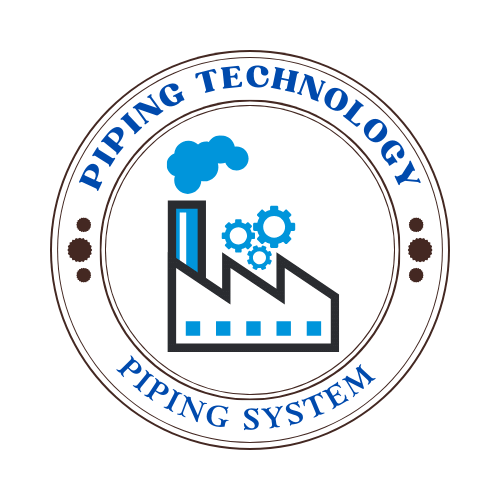Energy engineering encompasses a broad range of applications across various sectors, driven by the need for sustainable, efficient, and reliable energy solutions. These applications not only aim to meet the growing global energy demand but also address environmental concerns, such as climate change and resource depletion. Here’s an overview of key energy engineering applications:
Renewable Energy Generation
- Solar Power: Utilizing photovoltaic panels and concentrated solar power systems to convert sunlight into electricity, used in residential, commercial, and utility-scale solar farms.
- Wind Energy: Employing wind turbines to generate electricity from wind, applicable in onshore and offshore wind farms, contributing significantly to the grid or for local use.
- Hydroelectric Power: Harnessing the energy of moving water, from large-scale dams to small run-of-the-river systems, providing a significant portion of the world’s electricity.
- Geothermal Energy: Exploiting the heat from the Earth’s interior for electricity generation and direct heating applications, suitable for regions with geothermal activity.
- Biomass and Bioenergy: Converting organic materials into electricity, heat, and biofuels, supporting waste management and providing renewable energy options.
Energy Storage Solutions
- Batteries: From small-scale applications like electronics and electric vehicles to large-scale grid storage, batteries help balance supply and demand, enhancing the integration of renewables.
- Pumped Hydro Storage: Utilizing two water reservoirs at different elevations to store energy, released by generating electricity when water flows downhill through turbines.
- Thermal Energy Storage: Storing heat or cold to manage demand and supply, used in district heating systems, industrial processes, and enhancing the efficiency of solar power plants.
Energy Efficiency and Management
- Smart Grids: Modernizing the electricity grid with digital technology to monitor, control, and optimize the production, distribution, and consumption of electricity.
- Energy-Efficient Buildings: Incorporating advanced materials, smart systems, and renewable energy sources to reduce energy consumption in residential and commercial buildings.
- Industrial Energy Efficiency: Improving processes, equipment, and practices in industrial settings to reduce energy use and greenhouse gas emissions.
Transportation
- Electric Vehicles (EVs): Transitioning from internal combustion engines to electric vehicles, supported by a growing infrastructure of charging stations.
- Hybrid Systems: Combining renewable energy sources with traditional fuels or batteries to enhance efficiency and reduce emissions in transportation and portable power applications.
Environmental Protection and Sustainability
- Carbon Capture and Storage (CCS): Capturing carbon dioxide emissions from industrial processes and power generation, and storing it underground to mitigate climate change.
- Waste-to-Energy: Converting waste materials into usable forms of energy, reducing landfill use and generating electricity or heat.
These applications demonstrate the versatility and impact of energy engineering in driving forward sustainable energy solutions. As technology advances and societal demands evolve, energy engineering will continue to expand its applications, playing a critical role in shaping a sustainable energy future.


 Automation System
Automation System  Energy Engineeing
Energy Engineeing  Instrumentation System
Instrumentation System  Mechanical Engineering
Mechanical Engineering  Piping Technologies
Piping Technologies  Transportations
Transportations  Manufacturing
Manufacturing  Training Material
Training Material 






